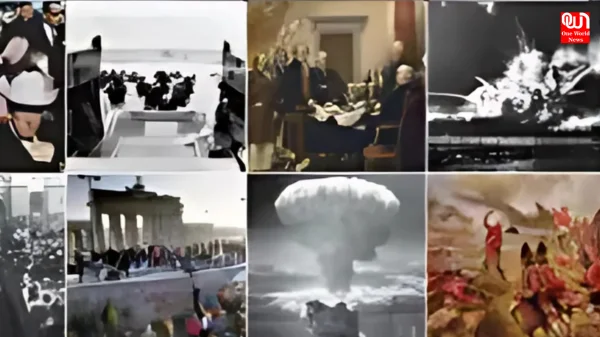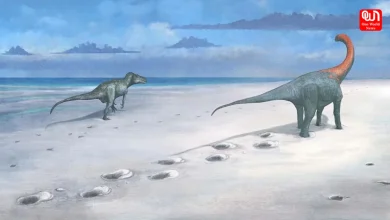10 Defining Historical Events That Continue to Shape Our World
Explore 10 pivotal historical events, from the Renaissance to the Digital Revolution, that continue to shape the modern world and its future.
10 Defining Historical Events That Shaped the Modern World and Their Lasting Impact

History reflects important, transformative moments that have led us to the world of today. These moments spread over centuries have not only influenced societies but also culture, politics, and international relations in deep ways. Here is a look at ten significant historical events that continue to define our world today.
1. Fall of the Roman Empire 476 CE- It marked the end of an era and the transition from the ancient world to the medieval one. The fall of the Roman Empire ultimately led to the decentralization of power, rise of feudal systems, and the spread of Christianity across Europe. This event went on to shape European governance and influence how modern nation-states as well as legal systems took shape.
2. The Renaissance (14th-17th Century)- The Renaissance was a rebirth of culture that revolved more about art, science, and humanism. It thus stood at the face of the modern age as it inspired innovation, exploration, and intellectual thought. Inventions made by the likes of Leonardo da Vinci and Galileo continue to influence art, science, and technology today.
Read more: Stay Winter-Well: 5 Essential Tips for a Healthy Season
3. The Industrial Revolution (1760-1840)- Replaced an agrarian with an industrial and mechanized economy. Mass production, urbanization, and new technology created the basis for today’s industries and global trade networks.
4. American Revolution (1775-1783)- The American Revolution was a time of the birth of the United States, marking the first successful revolt against colonial rule. Its values of liberty, democracy, and self-governance inspired many independence movements and shaped the creation of modern democracies around the world.
Read More: How Gen Z Is Going to Revolutionize Capitalism
5. The Abolition of Slavery 19th Century- Generally, the act of abolishing slavery in the 19th century marked a critical period for human rights. Movements across the world, including the United States to the British Empire, abolished institutionalized slavery, hence paving the way for civil rights activism and continuing to inspire struggles against oppression and inequality.
6. World War I (1914-1918)- Global war transformed warfare and changed global power structures. The Treaty of Versailles, ending the war, caused boundaries to be redrawn and led to the first attempt to create international cooperation – the League of Nations.
7. World War II and the Holocaust (1939-1945)– World War II was a defining conflict that reshaped global alliances and ideologies. The Holocaust, a genocide that claimed the lives of six million Jews, remains a somber reminder of human rights atrocities. Post-war, the establishment of the United Nations sought to prevent future global conflicts.
8. The Civil Rights Movement (1950s-1960s)- The Civil Rights Movement in the United States was one of the most important struggles for equality and justice in race matters. Leaders like Martin Luther King Jr. spearheaded efforts to break through segregation and discrimination, influence other civil rights movements around the world, and inspire today’s fights for equity and justice.
9. Fall of the Berlin Wall, 1989- The fall of the Berlin Wall was seen as the end of the Cold War and democracy over communism in Eastern Europe. This marked not only a reunification of Germany but also the beginning of a new era of globalization and international cooperation.
Read more: 7 Practical Tips for Managing Toxic People in Your Life
10. The Digital Revolution (20th-21st Century)- the dawn of internet, personal computers, and smartphones revolutionized communication, trade, and way of life, and continues to shape our world, by turning the world into a globalised place and opening up fresh avenues of innovation and availability of information.
Conclusion- All these events tell us that humanity doesn’t turn back, but it has a transformational ability within. We will learn and grow from such eras, getting better as we progress to create a judicious and brilliant future. Thus, history is not just a tale of what has been but is instead a guide to what can be.
We’re now on WhatsApp. Click to join.
Like this post?
Register at One World News to never miss out on videos, celeb interviews, and best reads.








